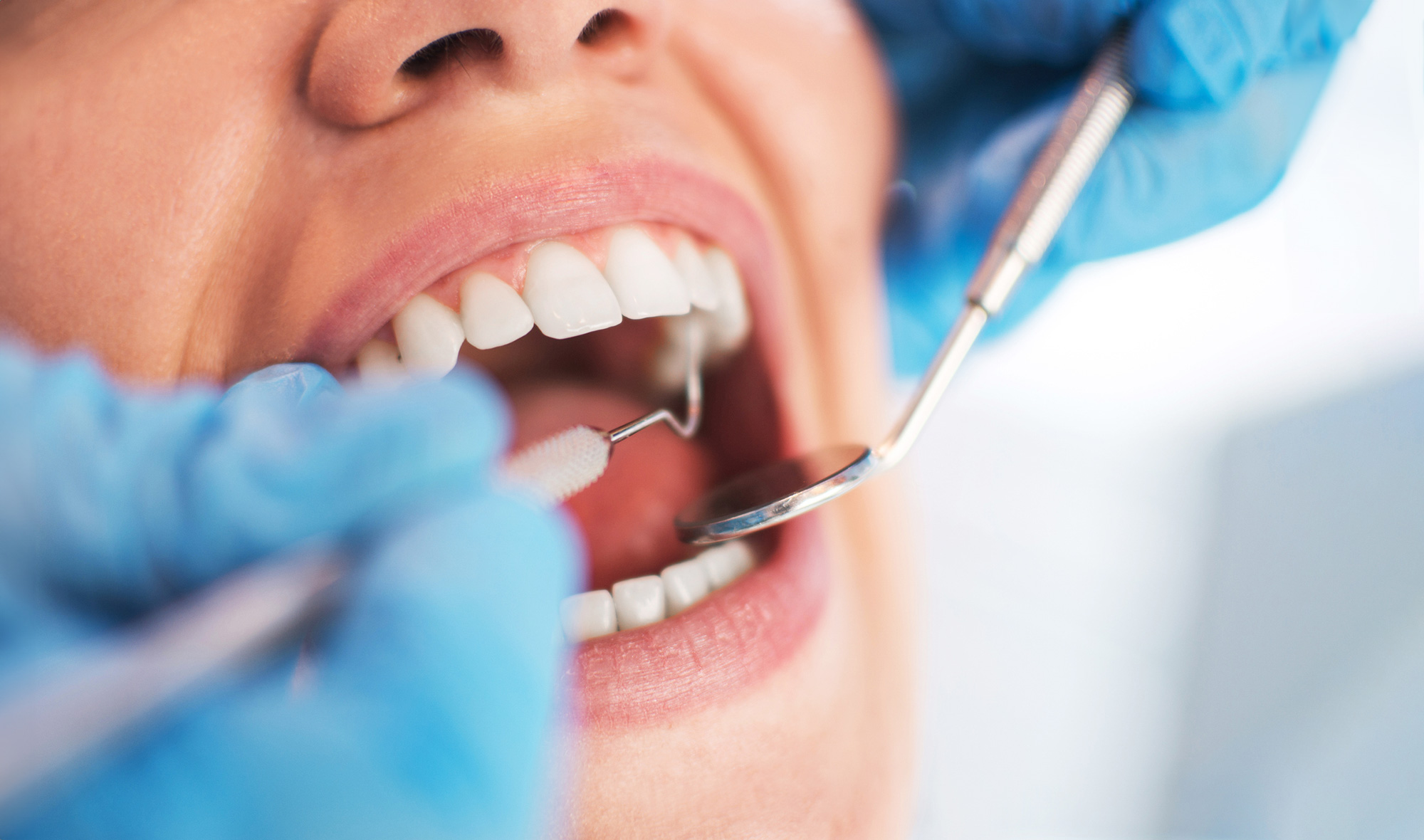Bad breath (medically known as ‘halitosis’) can be embarrassing and something that most people want to get on top of pretty quickly! It’s typically caused by poor dental hygiene, however other factors may be involved including gum disease, acid reflux, pregnancy, tooth decay, tonsillitis, ear infections, improper diet, constipation, smoking, diabetes, indigestion, and too much “unfriendly” bacteria in the colon.
Oral health is an important reflection of our overall health. With the mouth being the gateway to the entire body, a healthy mouth is not only important for reducing the likelihood of halitosis but also, it’s an essential part of preventing illness. We all know the value of the likes of regular brushing and flossing, but what can we do to naturally support oral health to minimize the likelihood of having bad breath?
Bad breath is also commonly caused by sulfur-producing bacteria that live on the surface of the tongue and in the throat. There are certain foods that increase sulfur production because of their stimulating effect on the bacteria that cause bad breath. These include high-sugar foods, which provide fuel for bacteria to reproduce and create more sulfur compounds. Alcohol and smoking dry out the mouth and also result in increased sulfur production. Since alcohol is used in most commercially available mouthwashes, their repeated use can sometimes make bad breath worse.
“Morning breath” specifically results from dehydration and a reduction in the amount of saliva in the mouth, which is needed to wash away bacteria that can cause bad odors. Dieters and people who are fasting may experience bad breath because the lack of food causes the body to break down stored fat and protein for fuel. The metabolic wastes resulting from that process have an unpleasant odor as they are exhaled from the lungs. As such, people following the Keto Diet may notice that they experience halitosis.
Problems in the mouth are often reflections of deficiencies or underlying disorders in the body. For example, bleeding may be a sign of a vitamin C deficiency, dryness and cracking at the corners of the mouth may potentially indicate a deficiency in vitamins B2, B3 and B12. Raw, red, mouth tissue may be a sign of stress; a noticeably smooth, reddish tongue can indicate anemia or poor diet. Like any holistic treatment, it’s vital to treat the cause first, and work from the inside, out. If your diet is low in the nutrients your body needs, your mouth may have a more difficult time resisting bacteria and infection as it is exposed to it. You may also increase the risk of dental cavities, gum disease, bad breath, and other mouth diseases that can all contribute to bad breath. A low sugar diet is important to help prevent tooth decay (and for good health in general!) so focus on decreasing consumption of sugar to decrease the frequency you experience bad breath. Favoring a wide range of nutritionally rich foods and eating a balanced diet may ensure that you gain the nutrients required to optimise the overall health of your mouth.
Nutritional support to avoid halitosis;
- Vitamin A – Required for the healing of gum tissue and useful for any tooth or gum disorders. Vitamin A can be found in foods such as; eggs, cod liver oil, orange, yellow fruits and vegetables and herring.
- Molybdenum – An essential trace mineral that helps prevent tooth decay. Signs of deficiency can include mouth and gum disorders. Molybdenum can be found in whole grains and legumes such as peas, beans, lentils.
- Folic acid – Deficiency of folic acid is often associated with cracks on the lips or a sore inflamed tongue. Supplementation is useful in the treatment in mouth ulcers. Food sources include; leafy green vegetables, grains, legumes, eggs, nuts and seeds, wheatgerm.
- Coenzyme Q10 – Assists with gum cell growth and healing of gum tissue. Food sources include; heart, liver, kidney, trout, herring, mackerel, soybeans, lentils and peanuts.
- Vitamin C with bioflavonoids – Vitamin C is a powerful antioxidant and helps promote healing, especially of bleeding gums. Bioflavonoids help to stop plaque growth. Food sources of vitamin C include; oranges, berries, capsicum, tomatoes, kiwifruit, parsley, kale.
- Probiotics – Help to prevent bacteria build-up and mouth diseases. Food sources of probiotics include; yoghurt, kombucha, kefir, sauerkraut, kimchi, tempeh, miso.
- Zinc – Enhances immune function and is needed to prevent infection and promote healing. Food sources of zinc include; shellfish, legumes, nuts and seeds, eggs, wholegrains.
Favouring foods and drinks that have an alkaline effect on the body can help you maintain a fresh breath, so include foods such as alfalfa sprouts, broccoli, celery, carrots, coconut, lemons, onions, watermelon, figs, millet and rhubarb, while minimising acid-forming foods such as those high in sugar, alcohol, saturated fats, meat and dairy. Some other important lifestyle considerations when trying to prevent/treat bad breath include:
- Drink 2 liters of purified water per day
- Avoid spicy and pungent foods, the odors of which can last for hours. These include anchovies, blue cheese, garlic, onions, pastrami, pepperoni, and tuna.
- Avoid beer, coffee, whiskey, and wine as they leave residues that stick to the soft, sticky plaque on the teeth and then get into the digestive system. Each exhalation then re-releases their odor.
- Use an Ayurvedic tongue scraper (available at health food stores or chemists) to help remove bacterial plaque and shed dead cells and food debris from the surface of the tongue
- Replace your toothbrush every 6 weeks or so, as well as after any infectious disease, to prevent bacteria build up
- Take a probiotic supplement. These are needed to replenish the “friendly” bacteria in the colon and mouth.
Consider trying some of the nutritional & lifestyle tips above and you can hopefully breathe a sigh of relief as you kiss goodbye to your bad breath!

















Community